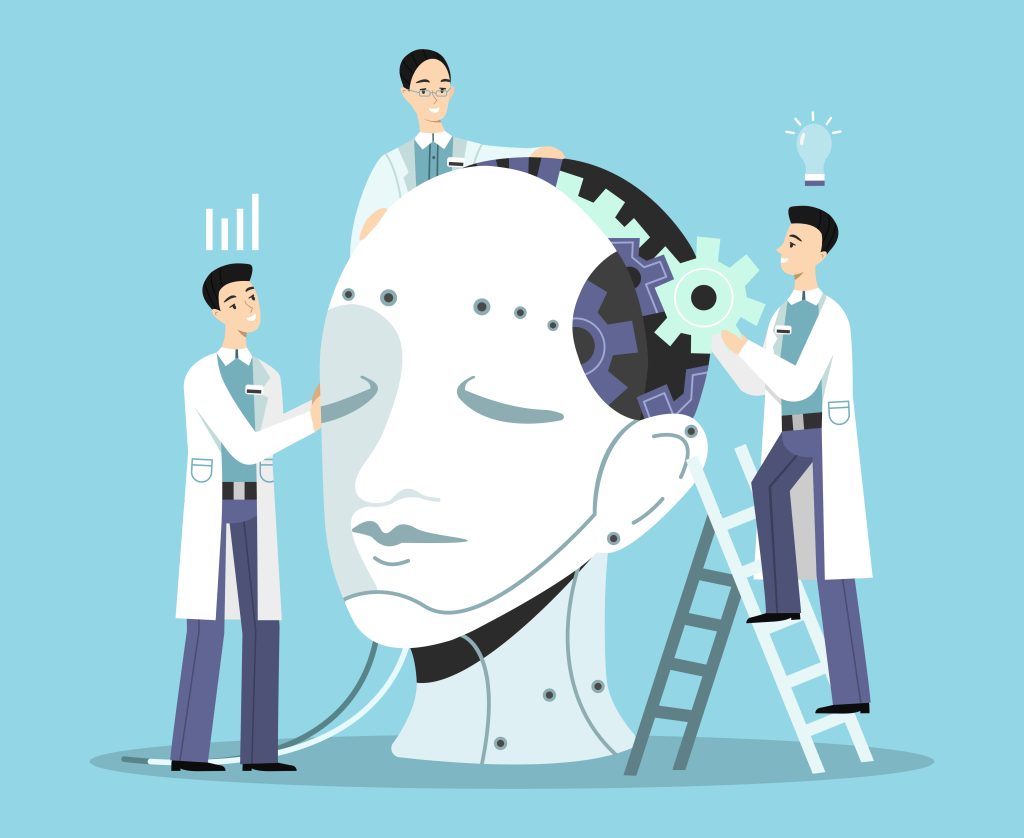Written by : Arun Ramalingam
April 4, 2023

Artificial Intelligence (AI) has the potential to revolutionize the healthcare industry in India. The country faces several challenges in providing quality healthcare to its large and diverse population. The use of AI in healthcare can help address some of these challenges and improve access to healthcare services for people in India.
AI & India
One of the biggest challenges in healthcare in India is the shortage of healthcare professionals. The country has a doctor-patient ratio of just 1:1,404, which is much lower than the WHO-recommended ratio of 1:1,000. AI-powered healthcare solutions can help bridge this gap by automating certain tasks and enabling healthcare professionals to focus on more complex tasks. For example, AI-powered diagnostic tools can help doctors diagnose diseases more accurately and quickly, reducing the burden on healthcare professionals.
AI can also help improve the efficiency of healthcare delivery in India. The country has a fragmented healthcare system, with several different providers and systems that do not always communicate effectively with each other. AI-powered solutions can help integrate these systems and provide a more streamlined and efficient healthcare delivery system. For example, AI-powered electronic health records can help healthcare providers access patient data more quickly and easily, improving the speed and accuracy of diagnosis and treatment.

Another major challenge in healthcare in India is the high cost of healthcare services. AI-powered solutions can help reduce the cost of healthcare by enabling early detection and prevention of diseases, reducing the need for expensive treatments. For example, AI-powered predictive analytics can help identify patients who are at high risk of developing chronic diseases such as diabetes and heart disease, allowing healthcare providers to intervene early and prevent the onset of these diseases.
AI can also help improve the quality of healthcare services in India. The country has a high burden of diseases such as tuberculosis and malaria, and AI-powered solutions can help improve the accuracy and speed of diagnosis and treatment of these diseases. For example, AI-powered diagnostic tools can help identify drug-resistant strains of tuberculosis more quickly and accurately, enabling healthcare providers to provide targeted treatment.
The use of AI in healthcare has the potential to revolutionize healthcare delivery in India. By addressing the challenges of shortage of healthcare professionals, fragmented healthcare systems, high cost of healthcare services, and low quality of healthcare, AI can help improve access to quality healthcare services for people in India. However, it is important to ensure that AI-powered solutions are developed in a way that is ethical, transparent, and accountable, and that they are accessible and affordable for all.